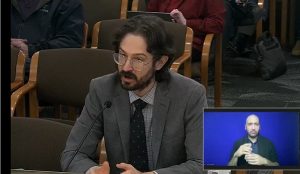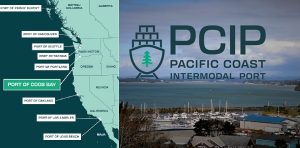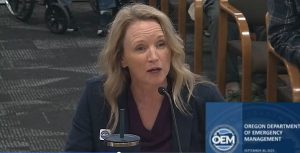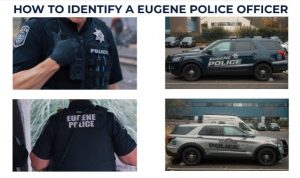Apply for burn manager advisory committee by Jan. 31
3 min read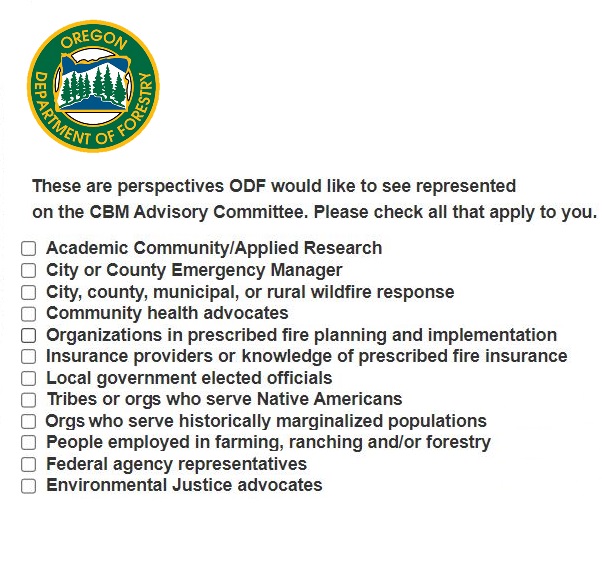
SALEM, Ore.—The Oregon Department of Forestry is seeking members for an advisory committee for its new Certified Burn Manager (CBM) Program, one of many new programs established under Senate Bill 762 to help address Oregon’s wildfire crisis.
“The Certified Burn Manager Program is the first of its kind in Oregon,” said Tim Holschbach, Oregon Department of Forestry’s Fire Protection Division Deputy Chief of Policy and Planning. “The intent of the CBM program is to provide oversight of training and certification for the safe and effective use of prescribed burning and to promote its use.”
The department is accepting applications to serve on the CBM Advisory Committee through January 31, 2023. The committee will advise ODF on program implementation and help provide oversight. Applications are available on ODF’s website.
“ODF is seeking individuals with experience or expertise with prescribed fire planning, implementation, and regulation to serve on the committee,” said Holschbach. “The goal is to convene a diverse group representative of the full suite of interests in prescribed fire and its impacts to communities across Oregon.”
The committee will meet at least twice a year but will likely meet more frequently the first year as needed. The main duties for committee members will be to advise the State Forester on administration of the program and conduct reviews of proposed certification revocations when requested. The committee positions are unpaid, but members may be reimbursed for travel expenses.
Members serve a three-year term and can serve two consecutive terms. Appointments will be made by the State Forester in early February with the first CBM Advisory Committee meeting in late February or early March.
“This is a great opportunity to help shape a new program that promotes consistent standards and fair and equitable administration of the CBM program,” said Holschbach.
With the CBM rules developed and the advisory committee forming, ODF plans to launch the program in late spring of 2023. Although the certification is voluntary, Holschbach expects many forestland owners and fire professionals will seek certification.
“The certification process is thorough but straightforward,” said Holschbach. “You will need to complete the classroom training curriculum, pass a test, and demonstrate field proficiency.”
There are also streamlined requirements to become certified in Oregon for those that currently hold:
- a Burn Boss certification;
- a comparable CBM certification in another state;
- or have other professional experience as burners.
The cost of certification is $50; however, third-party training providers may charge fees for the training that they offer. The certification is good for five years and there are no costs for recertification.
“The CBM is a win-win program,” said Holschbach. “It’s a win for the person getting the certification because now in addition to robust classroom training and supervised field experience, they also get certain civil liability protections if a prescribed fire results in unintended impacts.
“Then, it is a win for every Oregonian to have certified professionals using prescribed fire as a tool in a consistent and safe manner to reduce the risks of wildfire throughout the state. We are literally saving lives, protecting property, and minimizing adverse impacts to the environment by treating large landscapes using prescribed fire.”
Recognizing the importance of prescribed fire, the Legislature directed ODF to create a Certified Burn Manager Program for lands under ODF protection (Senate Bill 762). The program was one of several included in SB 762 to address Oregon’s wildfire crisis. The Board of Forestry approved the administrative rules establishing the program during their November meeting.
Prescribed fire, also known as controlled burning, is the planned and controlled use of fire by a team of experts under specific conditions such as favorable temperature, wind, and humidity. Prescribed fire is used to help reduce the risk of wildfire, restore ecosystems that depend on fire, increase wildlife habitat, and increase community and firefighter safety.
“Prescribed fire is a cost-effective tool that can reduce fuels and wildfire risks on large landscapes,” said Holschbach. “Tree thinning, mastication and creating fire breaks are all good tools but we can’t treat the hundreds of thousands to millions of acres necessary to reduce risk without the use of prescribed fire.”
Visit the ODF prescribed fire website this spring to find out more about becoming a certified burn manager.
